October is Breast Cancer Awareness Month – with promotions and events such as the Pink Ribbon Street Appeal, the Pink Star Walk and Go Pink for A Day, the Breast Cancer Foundation and other organisations do a wonderful job of keeping breast cancer awareness high.
As the most common cancer for women in New Zealand, most of us probably know someone who has or has had breast cancer and can therefore appreciate the impact this has on the women affected, their families and their friends.
Breast cancer affects one in nine New Zealand women over their lifetime. Eight New Zealand women, on average, will hear the news today that they have breast cancer – that’s one every 3 hours! And it’s the biggest cause of death for New Zealand women over 50 years of age.
There has been huge progress over the past 25 years in tackling the burden of breast cancer. Much more is known about many aspects of breast cancer including how cancer starts in the body and the role of genetics in who gets breast cancer. Treatment is better targeted, more effective and with fewer side effects. Research continues to explore how a woman’s own immune system can be stimulated to fight cancer and why cancers spread or return. And we know more about life after breast cancer and how to support these women and their families.
The following table indicates a woman’s chance of developing breast cancer increases with age.

Early detection
Women have a 95% chance of surviving breast cancer five years or longer if the cancer is detected by a mammogram. Because the risk of breast cancer increases as you get older, BCFNZ recommends women consider having regular screening from age 40. You can have a free mammogram every two years if you’re an eligible woman aged 45 to 69 years. You can book your free mammogram with BreastScreen Aotearoa! Freephone 0800 270 200.

Reduce your breast cancer risk
It’s important to be aware of our individual risk factors and what we can do to manage these. There are some risk factors for breast cancer that we can do nothing about – being a woman and getting older are two of these. Others include our hormonal and family histories, race, ethnicity and breast density.
Then there are things we can do to lower our risk of breast cancer – most of these fall into the category of lifestyle factors. Managing these can be thought of as trying to prevent breast cancer. Research shows that at least half of all breast cancers could be prevented by things most women can do. And it seems that making lifestyle changes to prevent breast cancer should start as early in life as possible. Breast tissue appears to be most vulnerable in the years between childhood and when a woman has her first child. And as most cancers are slow to develop – it can take 10-20 years from when normal breast cells first change for them to develop into invasive cancer – we probably need to be thinking about our long-term breast health sooner than we thought.
Nine steps to preventing breast cancer:
- Keep weight in check
- Be physically active
- Avoid too much alcohol
- Don’t smoke
- Breastfeed, if possible
- Talk to your doctor about the contraceptive pill, especially if over age 35 or if you smoke
- Talk to your doctor about post-menopausal hormones – HRT
- Find out your family history
- If high-risk consider risk-reducing medications
The same resource states that for healthy lifestyle choices and other behaviours to have the greatest potential to lower breast cancer risk, it’s likely best if they’re started when a woman is in her 30s – and ideally even earlier – in the teens and 20’s.
Several of these nine steps are things commonly promoted for a healthy lifestyle. I’m pretty confident that many families prioritise healthy food and exercise as a means of maintaining a healthy weight.
Reading more about how lifestyle can impact breast health, made me think about alcohol and young women. Do they know enough about how their drinking behaviours in their teens and early twenties might affect their breast health later in life?
Breast cancer and alcohol
The Breast Cancer Foundation says that “Drinking alcohol has been firmly established as a risk factor for developing breast cancer. Alcohol changes the way the body metabolises oestrogen, causing blood oestrogen levels to rise. There is no safe level of alcohol consumption and as few as two drinks a day increases the risk of breast cancer.”
Other research shows that the volume of alcohol consumed over one’s lifetime is important in determining the risk of developing cancer. And alcohol can increase levels of oestrogen and other hormones associated with hormone-receptor-positive breast cancer. Alcohol also may increase breast cancer risk by damaging DNA in cells. Compared to women who don’t drink at all, women who have three alcoholic drinks per week have a 15% higher risk of breast cancer.
With some young women binge-drinking at alarming rates, it concerns me that they may not appreciate how they may be impacting their long term health.
What if there is a similar risk between alcohol and breast cancer? Are we doing enough to educate our young women about this?
Regularly drinking alcohol is a habit that often starts in early adulthood. I think we need to talk to our daughters, granddaughters, and other young women in our life about the link between alcohol and breast cancer risk. As with many other things in life, the message is about moderation.
For more information about breast cancer visit Breast Cancer Foundation.







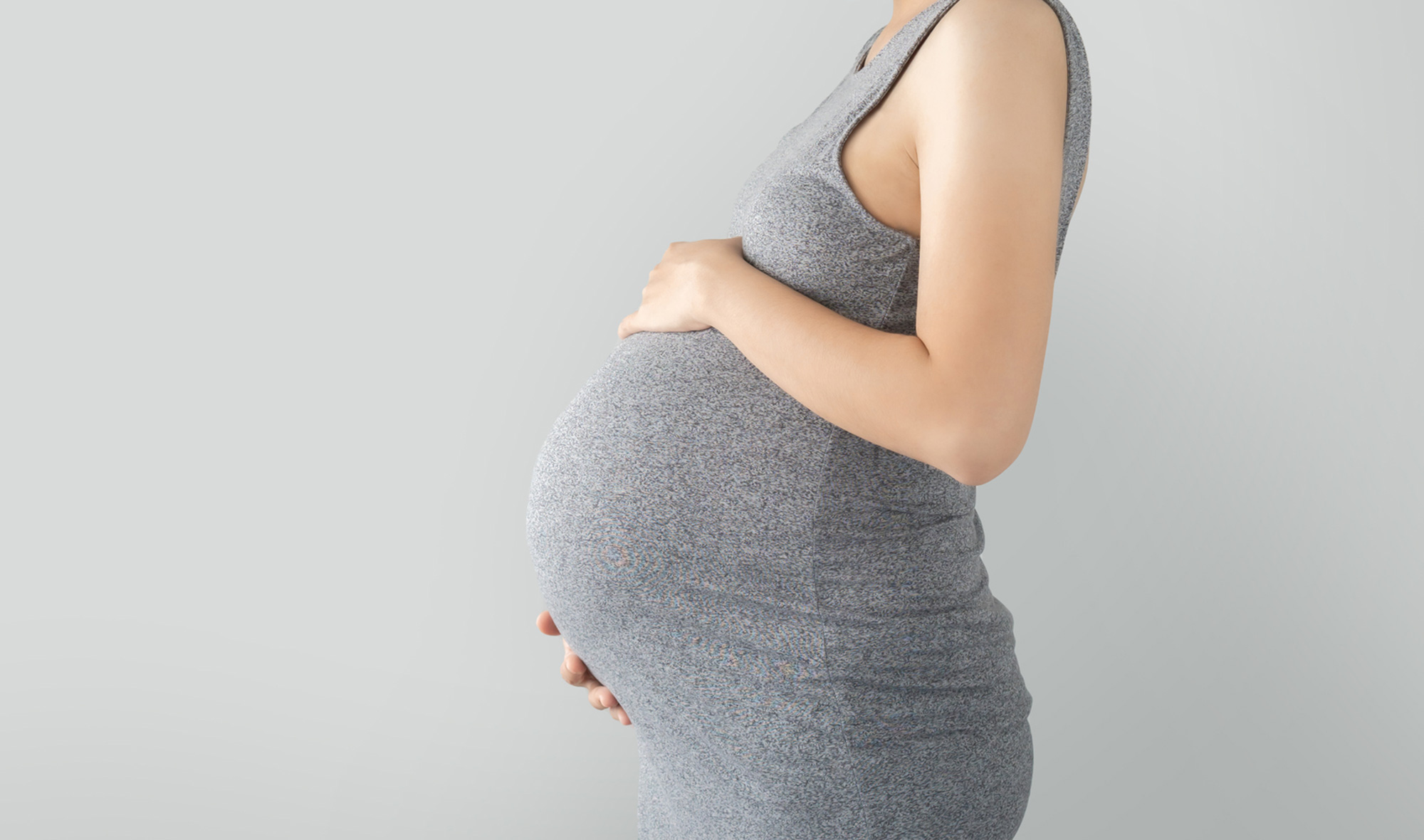

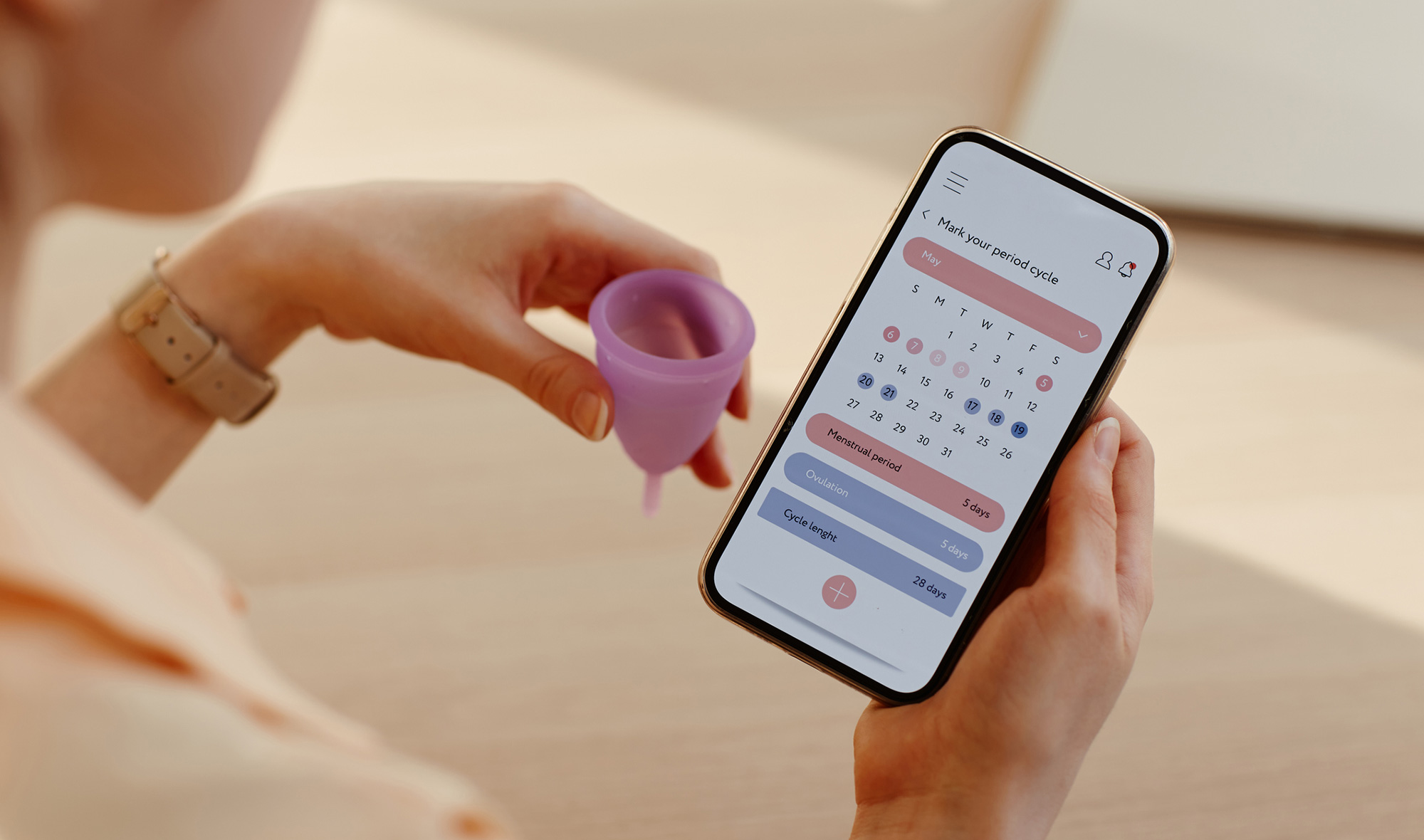
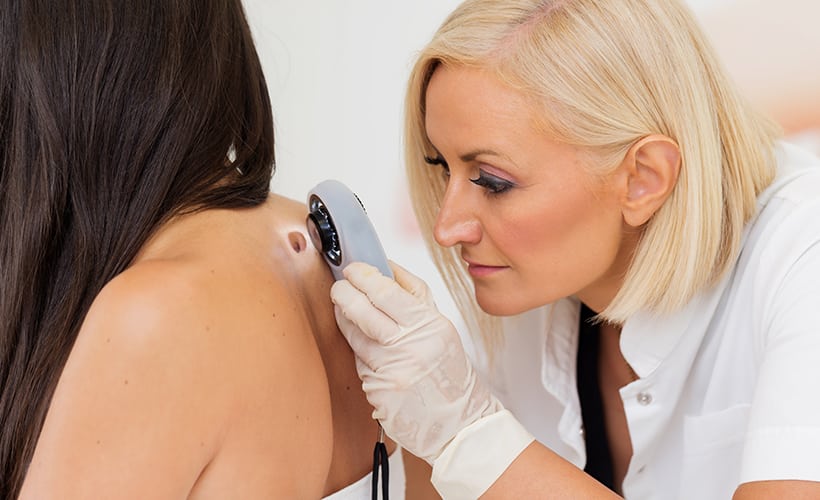


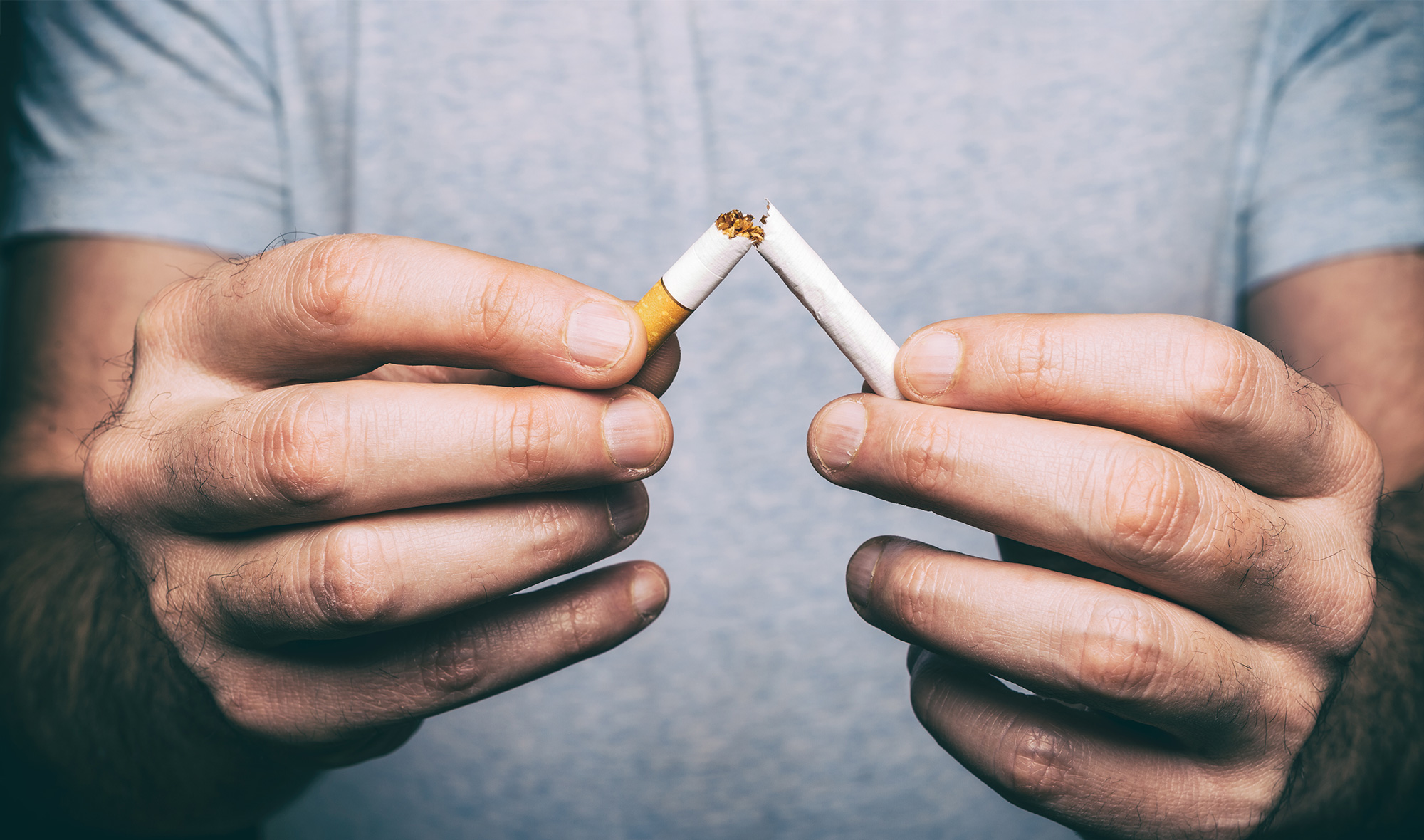

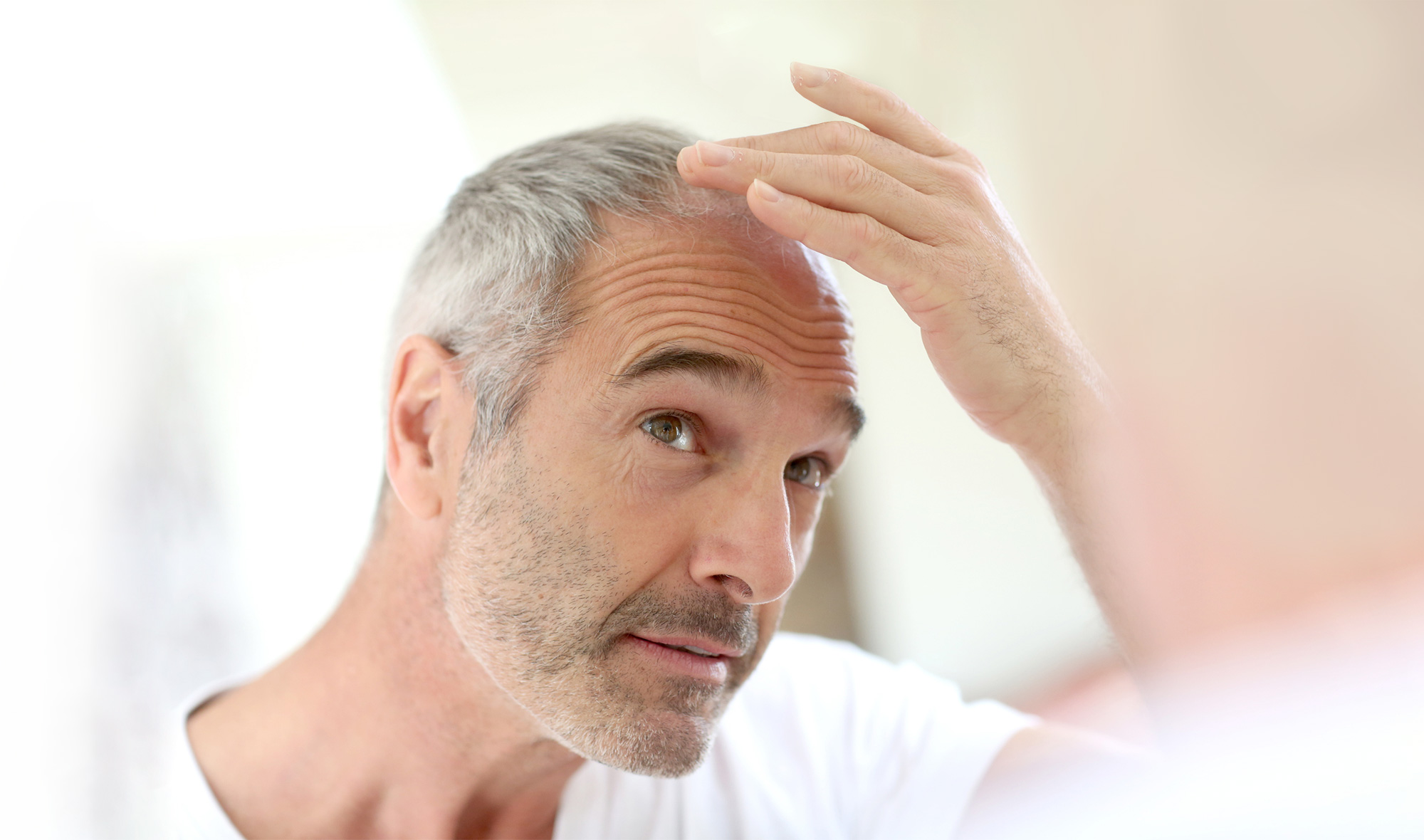

Community